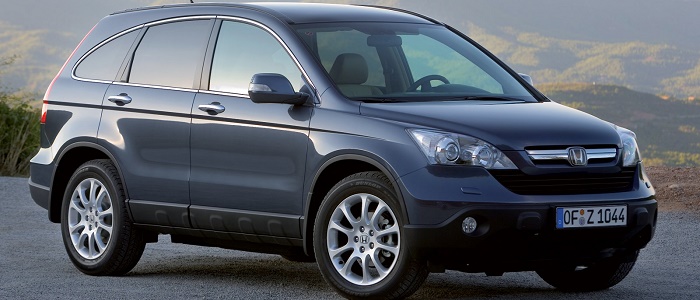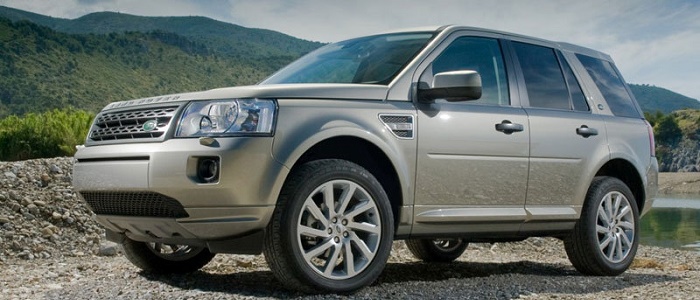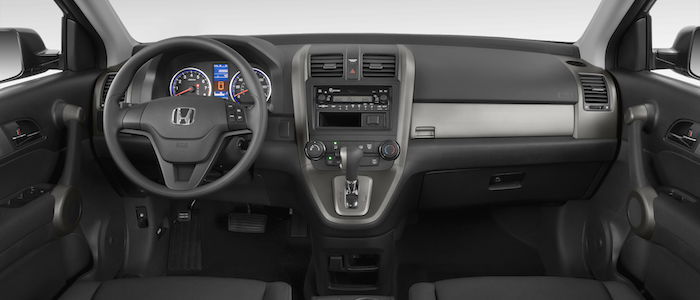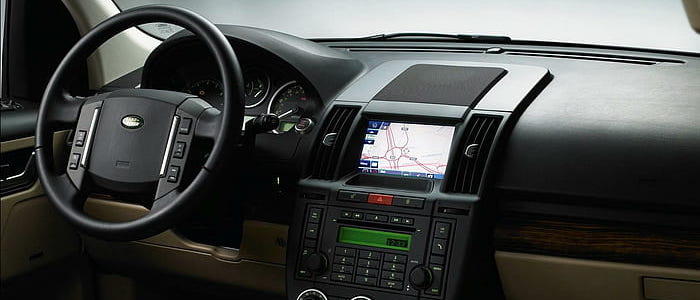Compare two cars
Compare any two cars and get our Virtual Adviser™ opinion
Marketing
Dimensons & Outlines
Engine
Performance (manual gearbox)
Performance (automatic gearbox)
Expenses
Virtual Adviser's™ opinion
Well, these are two pretty similar cars we have here! It's only details that could potentially make the difference. Considering they both belong to the suv segment and utilize the same 5-door suv body style and the 4 x 4 wheel drive system, it all comes up to the specific diesel engine choice they offer. The first one has a Honda-engineered powertrain under the hood, a 4-cylinder, 16-valves 142hp unit, while the other one gets its power and torque from a 4-cylinder, 16-valves 150hp engine designed by Peugeot.
SafetyA starting point here would be to take a look at the results from European New Car Assessment Programme (Euro NCAP) tests which were performed on both of the cars, with the Land Rover being a slightly better choice apparently. That aside, let's consider some other aspects which affect safety. Both vehicles belong to the suv segment, which is generally a very good thing safety-wise, still it doesn't help us solve our dilemma, does it? On the other hand, if we'd like to consider vehicle mass in this context too, which we definitely should, the British car offers a marginal difference of 8% more metal.
ReliabilityManufacturers have been building their reliability reputation for decades now and, generally speaking, it appears that Honda presents an order of magnitude better choice, when all the models are taken into account. That's the official data, while our visitors describe reliability of Honda with an average rating of 4.7, and models under the Land Rover badge with 3.8 out of 5. Independent research findings rank CR-V as average reliability-wise, and Freelander is more or less at the same level.Above it all, drivers of cars with the same engine as the Japanese car rank it on average as 4.8, while the one under the competitor's bonnet gets 4.5 out of 5.
Performance & Fuel economyHonda is undoubtly more agile, reaching 100km/h in 1.4 seconds less than its competitor. In addition to that it accelerates all the way to 187 kilometers per hour, 6km/h more than the other car. When it comes to fuel economy things look pretty much the same for both cars, averaging around 6.4 liters of fuel per 100 kilometers (44 mpg), in combined cycle.
Verdict
Honda is apparently more reliable, not too much, but just enough. The most important thing when deciding between any two vehicles should always be safety, both passive and active. In my opinion, everything taken into account, the British car offers much better overall protection, which launches it ahead of the other contender. From there things take a different direction, with Honda being considerably quicker, thus putting more smile on driver's face. It does come at a cost though, and that's the fuel consumption... It's really tough to make a final decision here, but if I'd need to, I'd say Land Rover. Nevertheless, let's not forget that people have different preferences and needs, so what really counts is your personal feel. I'm only here to help. I suggest you spend two more minutes in order to find out which car, based on your needs and budget, would be picked by the virtual adviser™, among more than 12.000 different ones in our database.

































